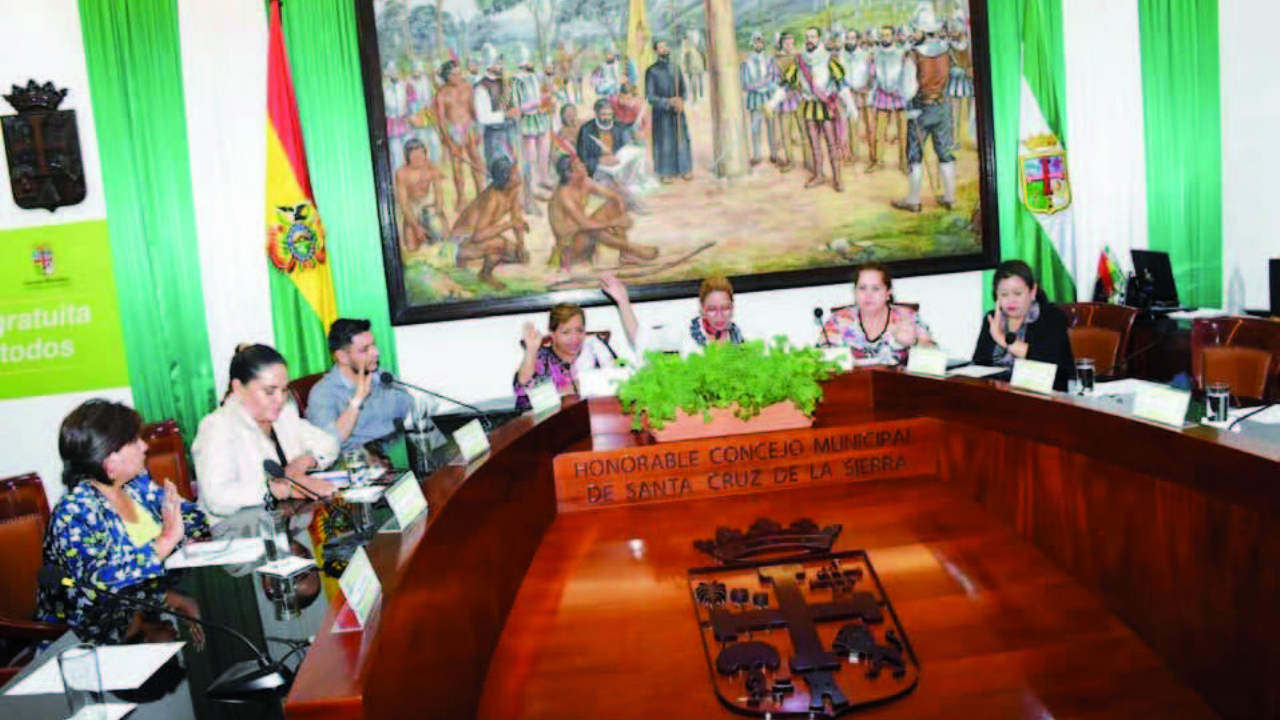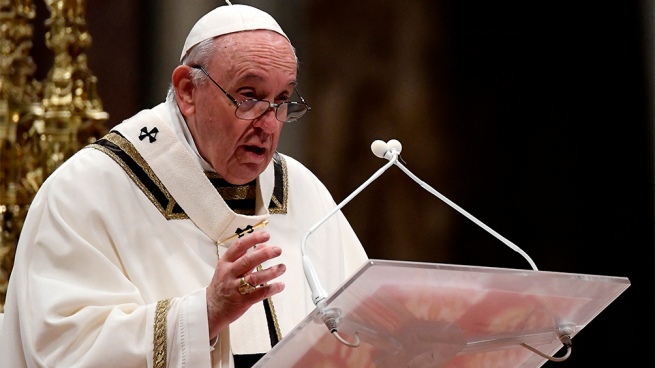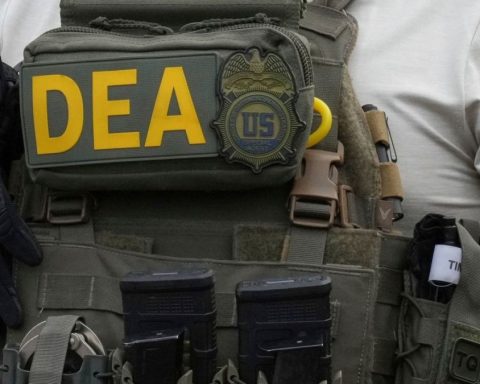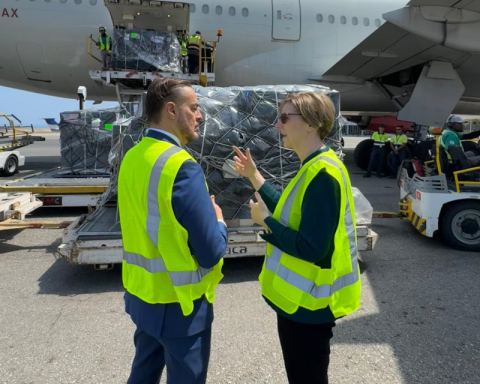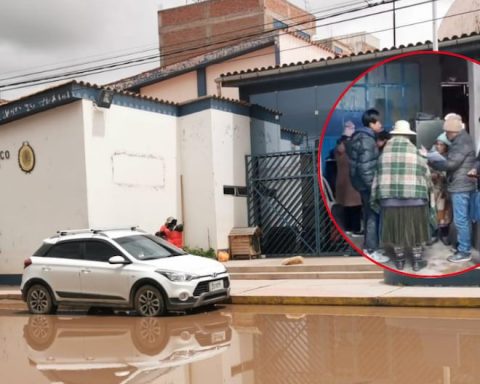Juan Pérez Munguía / La Paz
Municipal Law 123 of Municipal Contracts and Agreements of Santa Cruz limited the control work of the Municipal Council and helped to cover up the irregularities of the case. According to opposition councilors, this rule was one of the cornerstones to avoid oversight in the notorious corruption case.
The regulations, according to its article 5, have effect for the following types of contracts: public works, provision of services, supplies, lease, loan, public works concession, public service concession, area concession, acquisition of goods, concession of use of surface, emergent transfer of expropriation processes and definitive adjudication.
“Except for the express cases established by this law and related regulations, the contracts, agreements and other instruments to be signed with the Autonomous Municipal Government of Santa Cruz de la Sierra must have the prior approval of the Municipal Council, when by their nature they require such approval ”, reads the standard.
The designers of this municipal law relied on plurinational constitutional ruling 001/2013 and articles 272 and 283 of the Political Constitution of the State to argue that the Municipal Council delegitimizes its oversight role in the event of a prior control to the executive contracts .
“The deliberative body of the autonomous municipal government is the holder of the supervisory power, therefore, by assuming the power to approve contracts and agreements, it would be incurring prior internal control, a matter that would make the deliberative body jointly responsible for the executive body in terms of signing of contract, which delegitimizes its actions as an objective inspector ”, establishes section 20.
The councilor of the Autonomous Community (CA) Lola Terrazas indicated that with the law Percy Fernández was given almost absolute control of the Santa Cruz mayor’s office. He added that the municipal legislature lost its oversight role and to be aware of public resources.
“With that law, it gives the green light for irregularities to be committed. The management of resources is only in the hands of the municipal executive and with Law 123 there is no legal framework that the Council oversees. The ghost items case has happened years ago and no one was auditing those contracts, “he said. The legislator of the Democrats, Manuel Saavedra, agreed that this municipal law limited oversight. This is because it does not establish amounts, so the executive can make contracts from one to million Bolivians without control.
“That’s why there was BRT (Rapid Transportation System), multidistrict sources, ghost items. That is why there were a series of corruption cases that were never investigated and audited. The Municipal Council did not review the contracts, ”he stated.
For his part, the councilor of the Unidad Cívica Solidaridad (UCS) Maykol Negrete said that Law 123 could not have covered the case items. “The laws passed in Percy’s administration were for the benefit of a few (…), but phantom items do not reach contracts that exceed one million Bolivians,” he added.
However, Law 123, which is in force, does not contemplate amounts to monitor contracts.
In September 2021, the current Municipal Council approved a modification to the rule. However, the executive, now in charge of Jhonny Fernández, observed the project and did not promulgate it to date.
Background to a key law
The councilor for Democrats Manuel Saavedra indicated that in 2014, Law 123 was approved by the alternate councilors of Santa Cruz Para todos with the support of the MAS. He recalled that then there was already an alliance between Fernández and former President Evo Morales.
Councilor Lola Terrazas said that the ex-bursar, with the approval of the law, made a move to ensure that he did not lose control of the Mayor’s Office. This is because he knew that in the 2015 elections he was not going to have the same number of councilors, and thus he was not going to worry if some of them could be turned around.
